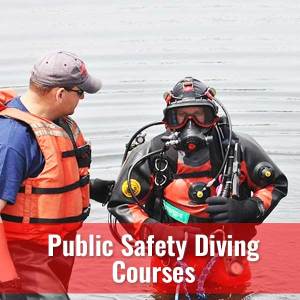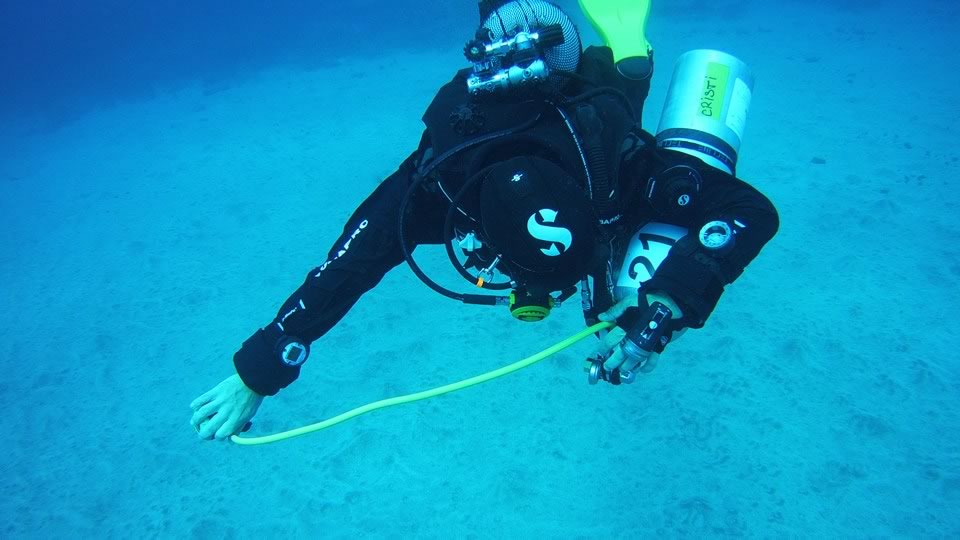
Dive Against Debris survey are a good way to preserve the marine environment. These surveys collect valuable information about ocean pollution, which is added to an interactive Dive Against Debris Map. This map includes information on debris location and provides divers with an easy way to see the effects of their diving activities on the ocean. Project AWARE (a nonprofit organization that focuses primarily on ocean pollution) spearheads the dive versus debris speciality. To show your support, limited-edition Project AWARE replacement certification cards can be purchased by divers.
Reporting your survey helps drive long-term change
Your survey report helps to drive long-term change by painting a picture about the new normal and future direction for the organization. It is crucial to time your survey during times of change. Strategic decisions and interventions can be made by surveying at key moments. You might be able to spot potential problems early enough. This can make it easier to ease the transition.
It's vital to measure employees' reactions to organizational changes. The change will likely affect the team environment and nature of tasks, so it's crucial to know how employees are reacting to the changes. Your survey results can help you provide better support to your employees.

What are the requirements to be a Dive Against Debris diver?
You can help the environment by taking part in dives that remove marine debris. This certification is a good next step. The PADI Dive Against Debris specialty course can be completed online or offline, and the course requires a number of skills and competencies. These include the ability dive with a buddy and to make good judgments.
At least a PADI openwater certification is necessary to become a Dive Against Debris divers. The open book knowledge review contains 15 questions. Taking the course will help you learn how to conduct Dive Against Debris surveys, which are crucial to collecting data on marine debris. These surveys are necessary for policy and research purposes, and your results will help informing future decisions about marine debris.
Environmental benefits
The oceans and environment are both greatly affected by marine debris. It not only destroys the environment, but also kills thousands of marine animals. Additionally, debris can make coastlines unattractive and costly to clean up. Seventy percent of all rubbish that enters our oceans sinks to the ocean floor. Only divers are equipped to handle this problem underwater.
Recreational diving offers a wonderful way to contribute to the protection of the ocean. You can participate in citizen science to observe and record coral reefs, fish, and other marine life. Participating in such projects can help you protect coral reefs. This activity also allows you to learn about marine conservation and how to be environmentally friendly.

Cost
Project AWARE created the Dive Against Debt initiative in 2011 to raise awareness and encourage divers to report marine debris. This important effort helps scientists and policymakers better understand the extent of the marine debris problem. They cannot effectively advocate for reform without accurate data. The initiative helps divers and other ocean enthusiasts raise awareness of marine debris and its destructive effects. Since its launch, it has gained the support of 30,000 divers from more than 50 countries.
Diverseating against marine debris is increasingly important due to the increase in debris floating in the ocean. Each year, more animals die due to getting caught in or eating marine debris. In addition, the debris damages beaches, making them less desirable for tourists. Additionally, marine debris can be costly to remove. The ocean floor holds 70% of all the garbage that enters it. Only divers have the expertise to deal with the problem safely.